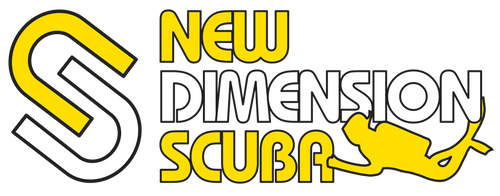Peace & Quiet
Freediving is not as big as scuba diving is in Malta. Freediving asks a lot of discipline of your mind and body
CONTENTS:
- What Is Freediving
- If I Can’t Hold My Breath For A Long Time Does That Mean I Can’t Freedive
- My First Freediving Experience
- Different Disciplines
- Bonaire
What Is Freediving
Freediving is diving into deep waters on one breath. No use of a breathing apparatus such as scuba diving gear to help you breathe. Freedivers use inward control, disciplines and power to descend into the ocean, lake, swimming pool or river, whilst holding their breath. That one single breathe is used from the moment their head drops beneath the surface until they finish and resurface. Freediving is both a recreational and competitive sport.

If I Can’t Hold My Breath For A Long Time Does That Mean I Can’t Freedive
With proper training, you will learn breath-hold techniques that will help you to hold your breath longer than you thought was ever possible. Improper breath-hold techniques can be dangerous and cause shallow water blackouts.

My First Freediving Experience
My first freediving experience was when I got in touch with one of the freedivers in Summer. I always saw a couple of freedivers at dive sites around the Maltese islands especially because the water is much warmer than winter. I bought myself a pair of bi-fins and started practising on days off. The best part about freediving is peace and quiet, because there are no bubbles from the regulators.
Different Disciplines
In freediving, there are different disciplines where you can specialize in. The 2 I like most are Constant weight (CWT) and Free Immersion (FIM).
- CWT: Probably the most common depth version of Freediving. The diver descends on a line using either bi-fins or a monofin and typically a wetsuit and a small amount of weight. The diver is not allowed to pull on any guide ropes or change the weight used.
- FIM: Free Immersion is a freediving discipline in which the freediver dives underwater without the use of propulsion equipment, but only by pulling on the rope during descent and ascent.

Bonaire
A few weeks after completing my AIDA Level 2 Freediver I moved from Malta to Bonaire. Bonaire is a tiny island, even smaller than Malta, in the Caribbean. It is part of the Dutch Colonies. With Aruba and Curacao, they form the ABC Island in the Caribbean. Not knowing that freediving is a big thing on Bonaire, a few days into my new work, one of my colleagues was talking about a freediving centre and is owned by Carlos Coste. Carlos Coste is a world-class free-diver and record-holder. He became the first human to achieve a Free Immersion dive of more than 100 meters. Of course, I needed to make a visit to meet Carlos Coste and plan a training session with him. As soon as it was my day off, I made my way over to his freediving centre. I met Carlos Coste and set a training session with him for the following day. The next day I met up with him at the centre. At first, we did Yoga, which I have never done before, so this was going to be really entertaining. Yoga can help with freediving for mind and body. Yoga practice can help improve freediving by expanding lung capacity and improving tissue flexibility. After our yoga session, we jumped on the boat and drove off the platform where we were going to start our session. We focused on the discipline ‘CWT’ (Constant Weight Apnea with Bi-Fins). After all the advice from Carlos, I even broke my own personal record! Great day for freediving.
Because I had quite a bit of free time during my stay on Bonaire, I promised myself that I plan in at least one training session a week in with Carlos. After each session, I felt that I was improving but unfortunately, my stay in Bonaire was only for 2 months.
Freediving is a great way to improve your breath-hold and If you like peace and quiet just like me, I would recommend trying it.

Written By: Jasper Mulder

